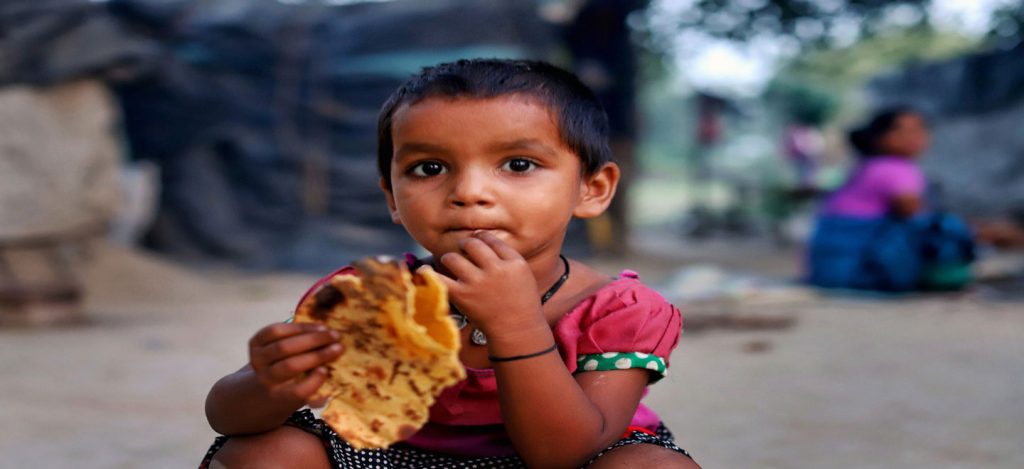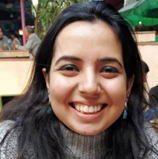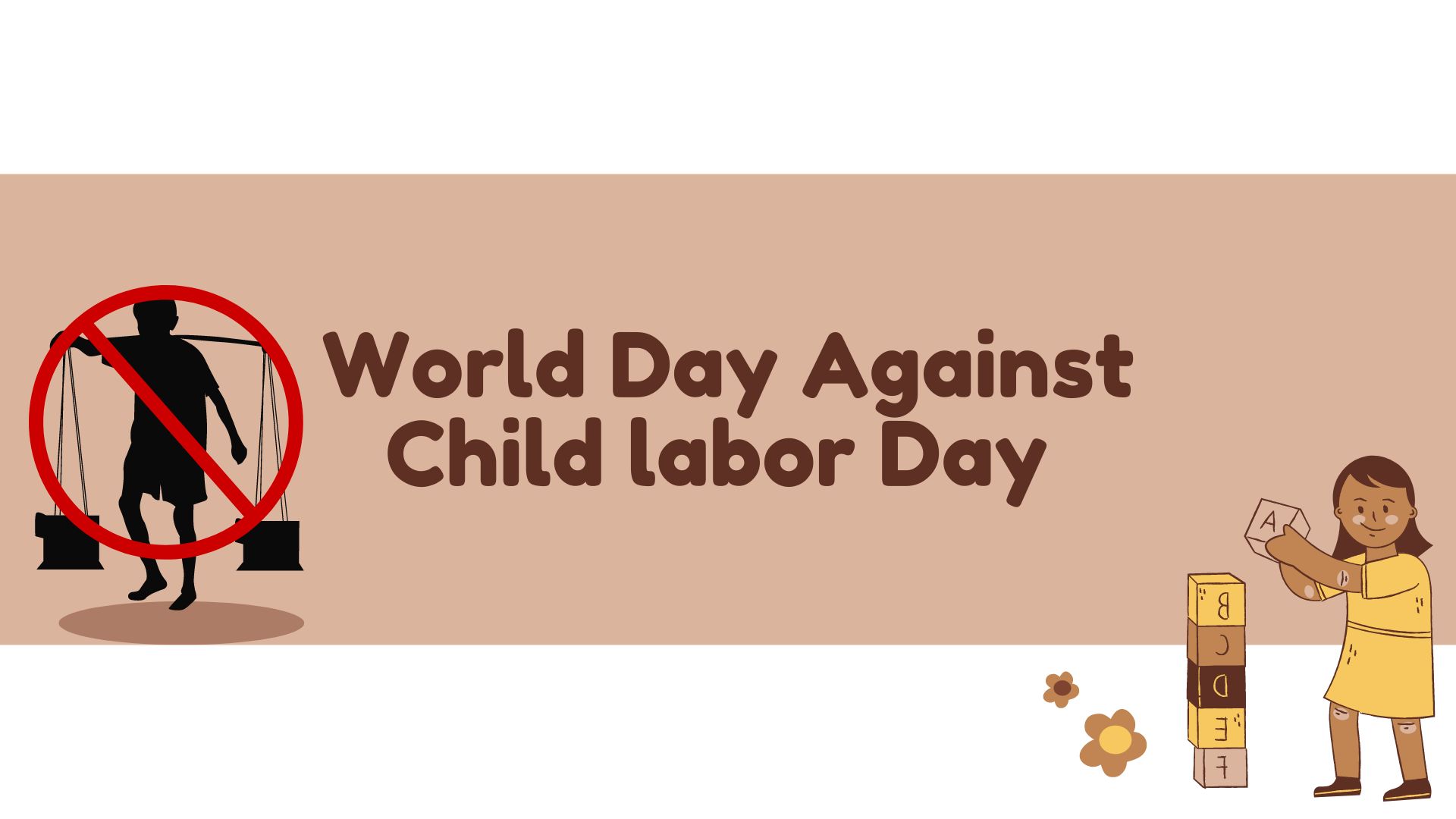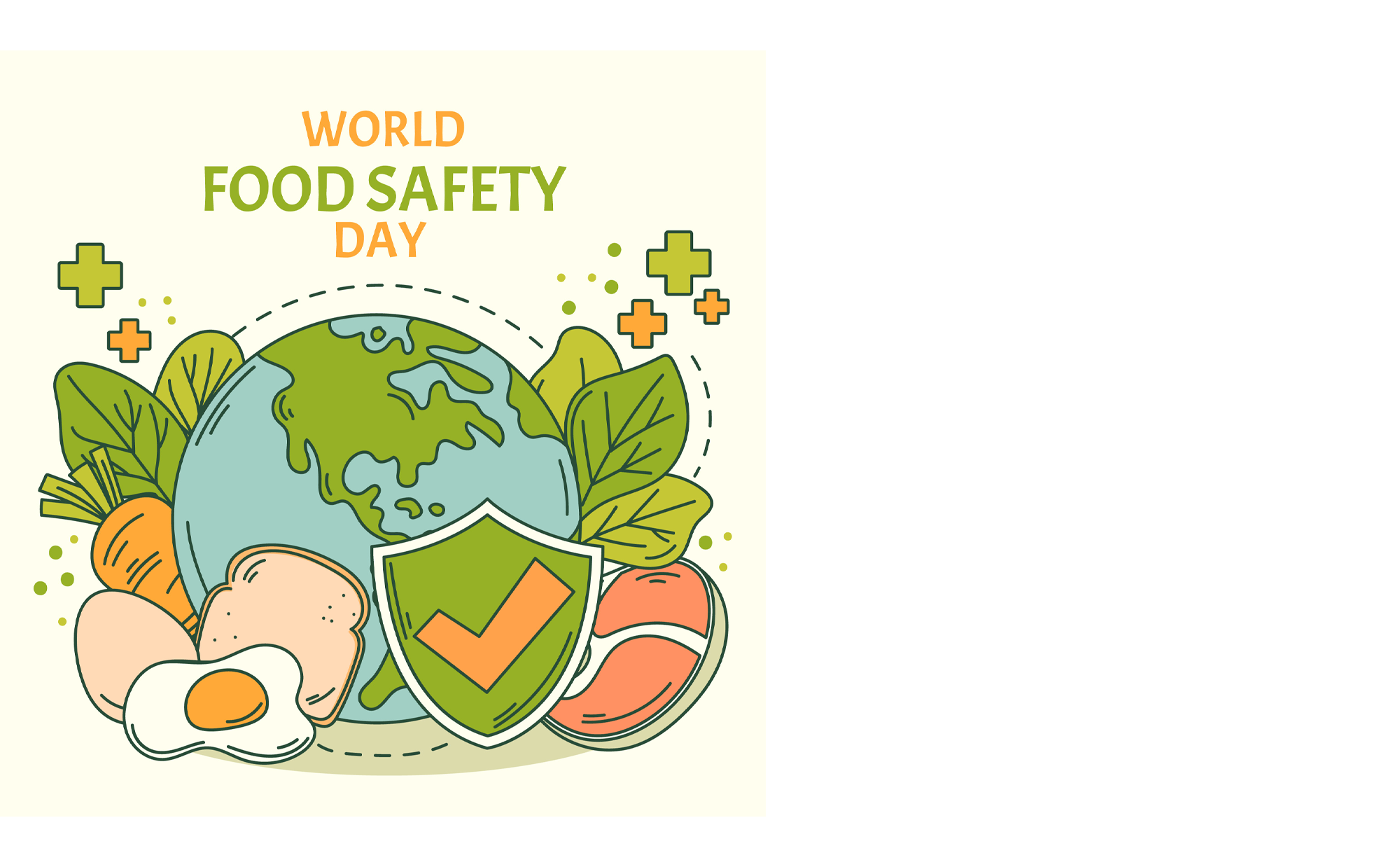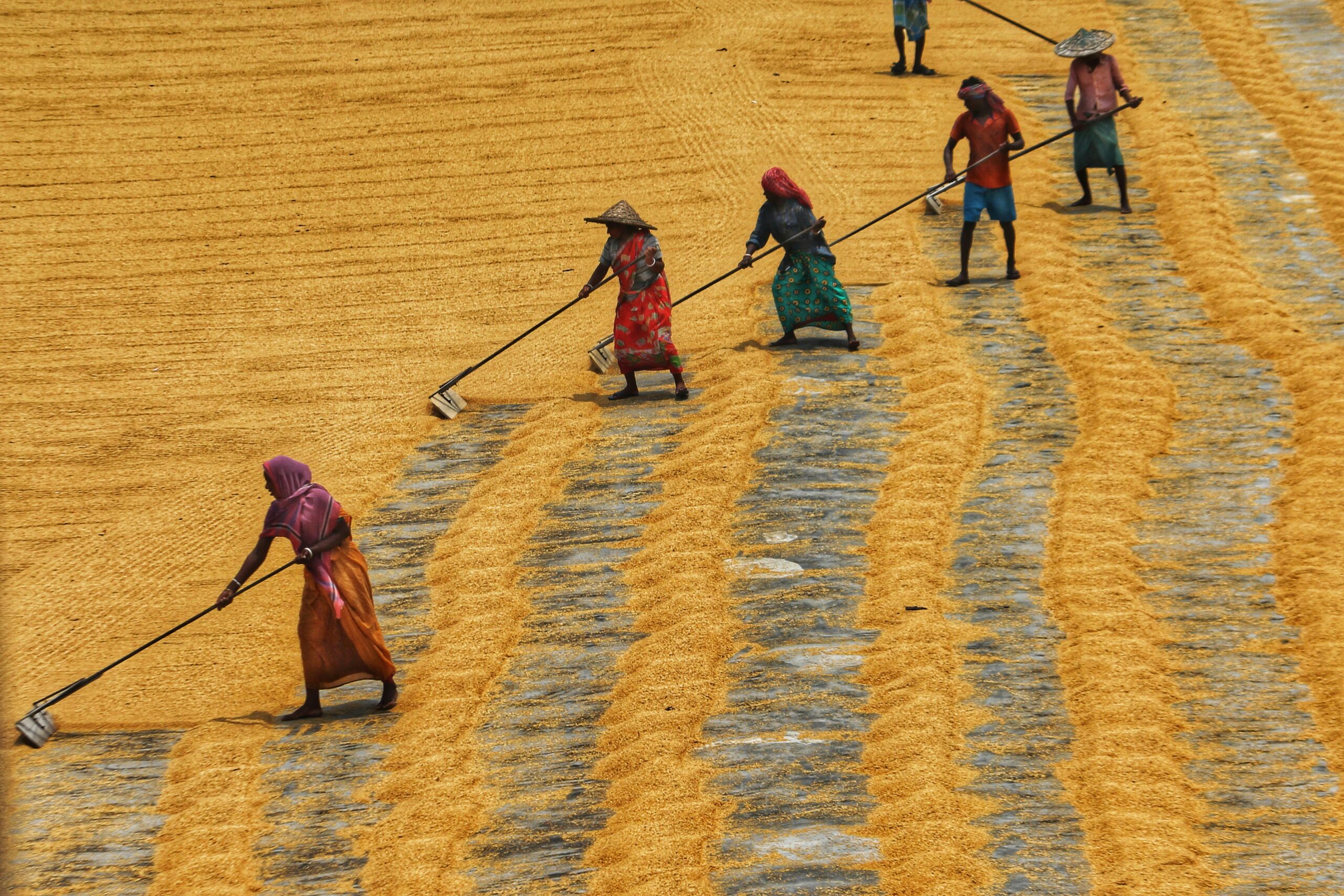Nutrition and eradicating hunger are central to the Sustainable Development Goals (SDGs) 2030 development agenda. SDG 2 specifically focuses on this with the aim to eradicate hunger and ensure that people have better access to nutritious and sufficient food. Better nutrition has been linked with improving maternal health, building stronger and resilient immune systems, supporting safer pregnancy and childbirth. It also helps in lowering risks related to non-communicable diseases and helps in increasing longevity. Poor nutrition in childhood has been linked with lower life expectancy as well as an increased risk of adult morbidities. Research suggests that early life interventions for better nutrition have an impact at every stage of an individual’s life with the highest impact being of interventions made for children between the ages of 0-2 years [1].
Poor nutrition also has an impact on an individual’s productivity, with hunger leading to a decline in productivity. This means that poor nutrition is linked with educational and economic benefits as well. Thus, investments in health and nutrition must be viewed as long term investments. Over the years, India has struggled to reduce undernutrition and micronutrient deficiency diseases. This is evidenced by the fact that in 2021, Global Hunger Index[2]. India ranks 101 out of 116 countries. In addition to this, India is home to almost one-fourth of the world’s chronically undernourished people (195 million). This is especially alarming in light of the fact that in India, 35.5% of children below the age of 5 are stunted and 32.1% are underweight for their height[3]
Further, it is estimated that approximately 70% of children between the ages of 6 months and 59 months are anaemic [4]. Thus, this highlights the need for interventions targeting children’s nutrition in the first 1,000 days. Given that addressing malnutrition and hunger is complex and requires collaboration between various stakeholders, it is imperative to adopt a multistakeholder approach. This includes public private partnerships or PPP involving diverse stakeholders from SMEs, MSMEs and other experts and organisations
In Rajasthan, despite government policies and programmes to tackle malnutrition, 40.9% of children under 5 years of age have been found to be underweight while 44.4% are anaemic[5]. Rajasthan also ranks 22 out of 30 states in the country with regard to the prevalence of underweight children under 5 years. It is in this context that the Centre for Responsible Business (CRB), United Nations World Food Program (UNWFP), and Cargill India have partnered to address malnutrition
and work towards achieving SDG2 in India. The project, ‘Poshan Pehal aur Pragati’ seeks to address Nutritional Security in India in alignment with the priorities of the POSHAN Abhiyan. It recognises that in addition to strengthening state mechanisms and institutions, there is also a need for community driven business models and market linkages in order to achieve the objectives of POSHAN Abhiyan. Thus, the aim is to ensure nutritionally appropriate composition of take home rations distributed through the Integrated Child Development Centres (ICDS) to children within their first 1,000 days as well as to pregnant and lactating women in Rajasthan[6].
Since one of the key objectives of the project is to develop and scale-up business models for private sector engagement, CRB, WFP and Cargill have developed and designed the Nutrition Innovation Mini-Challenge in order to identify scalable solutions that will contribute towards creating an enabling environment for nutrition-seeking behaviour using innovative and inclusive approaches.
Through the challenge, three local private sector-led initiatives will be selected. These initiatives will contribute towards promoting a nutrition-sensitive and nutrition-specific environment in Rajasthan. The selected applicants will be provided seed funding along with mentorship opportunities, to help enhance their potential to successfully implement and scale their business ideas. The mentors will help the finalists in streamlining their innovative ideas that will look at enhancing the role of the private sector and support responsible business models.
The challenge will serve as an incubator for the select private sector actors. It will help these organisations design and develop responsible revenue models, strengthen their management skills, and link them with institutions that will encourage replicability and scalability.
[1]https://www.prb.org/resources/early-childhood-nutrition-and-economic-benefits/
[2]https://www.globalhungerindex.org/india.html
[3]https://www.smilefoundationindia.org/blog/what-has-nfhs-5-revealed-about-malnutrition-in-india/
[4]https://www.orfonline.org/expert-speak/achieving-sdg-2-india-needs-comprehensive-approach/


